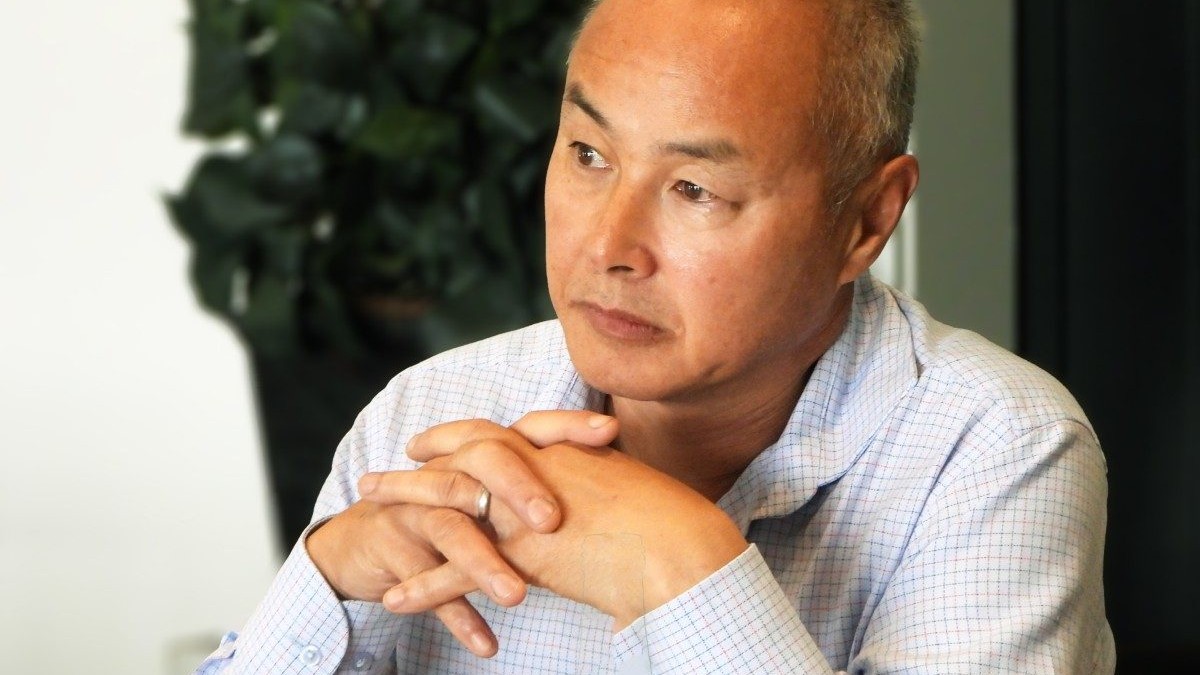Decisions need to be backed by data – Transporting NZ

Last week a poll indicated that the majority of Kiwis want rail-enabled ferries. More people also want KiwiRail to operate the ferries rather than a private operator.
People are entitled to voice their opinions – it’s fundamental to the democratic system we live in. And majority public opinion is a powerful thing.
We have specifically chosen not to take a view on the explicit “how” about the ferries. Other road freight organisations have done so, and they are entitled to. But we don’t have a view on whether the vessels should be rail-enabled or not, nor have we recommended what the corporate structure of the operator should look like.
We’ve steered clear of those issues for a couple of key reasons.
The first is that we simply do not have the information or the technical expertise or experience to take an informed stand.
The second reason, is that in my view there is too much consultation undertaken nowadays and insufficient appreciation of the risk that presents.
I think it is important to include a diverse set of experience and skills in decision making. I appreciate my engineering background means I have an inherent bias in my decision-making – that doesn’t mean it’s better or worse than any other person’s approach. But I do take that into account when I am forming a view and it does mean I’ll take a stronger view on some matters than others.
The speed limit on the expressway north of Wellington is a good example. The geometric design of the Kapit Expressway, the Peka Peka to Ōtaki and the vast majority of Transmission Gully aligns with international engineering design standards for a speed of 110 km/h. The decision to do that – and I believe it was the absolutely correct one – was made in the early days of design.
However, when the road was opened the speed limit was set at 100 km/h and NZTA then did public consultation about whether to increase the limit to 110 km/h, which for the two northern sections has thankfully happened. But in my view that delay and the costs related to the consultation was unnecessary and was needless bureaucracy.
It’s like buying a truck crane rated at five tonne but saying “I’ll only use it up to four tonne and then if all my workers agree, I’ll operate it at what the original manufacturer originally designed it to do.”
What would have happened if the majority of public had said those sections of road south of Ōtaki should stay at 100 km/h? Would NZTA have made a change regardless? If the speed limit was not increased then it would have been a waste of money building it to that standard but not reaping the benefits.
People’s opinions are understandably influenced by their emotions. Lots of people love to in add their tuppence worth to a discussion, regardless of how well they understand the issue. I try not to, but I’m sure I’m guilty of doing that at times!
As an industry advocacy organisation I think it is vital that we continue to make our decisions using evidence-based data and taking a sound and robust policy approach to do what’s best for our members and the sector.
That may mean that despite our best efforts, there will be occasions when our industry shows up with different views on key issues. Unfortunately that can make it difficult and unhelpful for key stakeholders like regulators and politicians. Unless of course they simply align with the organisation that has the view closest to theirs at the time!
There are lots of issues where there’s public consultation but we won’t make a submission every time. Particularly if it isn’t an issue that significantly impacts our members or we think the decision should be well-researched, well-considered and left to those with the appropriate expertise.
Whether there is much useful value in polling the NZ public on a technical aspect of a shipping vessel is highly questionable. In fact I think it is unhelpful.
Similarly, we have also raised our concern with NZTA about unnecessary consultation. We’ve got more than enough to do in 2025 without unnecessary work and the risk of distractions.
Sticking to a well thought-out approach to strategic policy decisions and always putting the future of our industry first will mean we’re not seen as flavour of the month with some stakeholders. But I see it as one of our strengths and to do otherwise would mean we’re not delivering what our members want and deserve.
– By Dom Kalasih, chief executive, Transporting New Zealand





